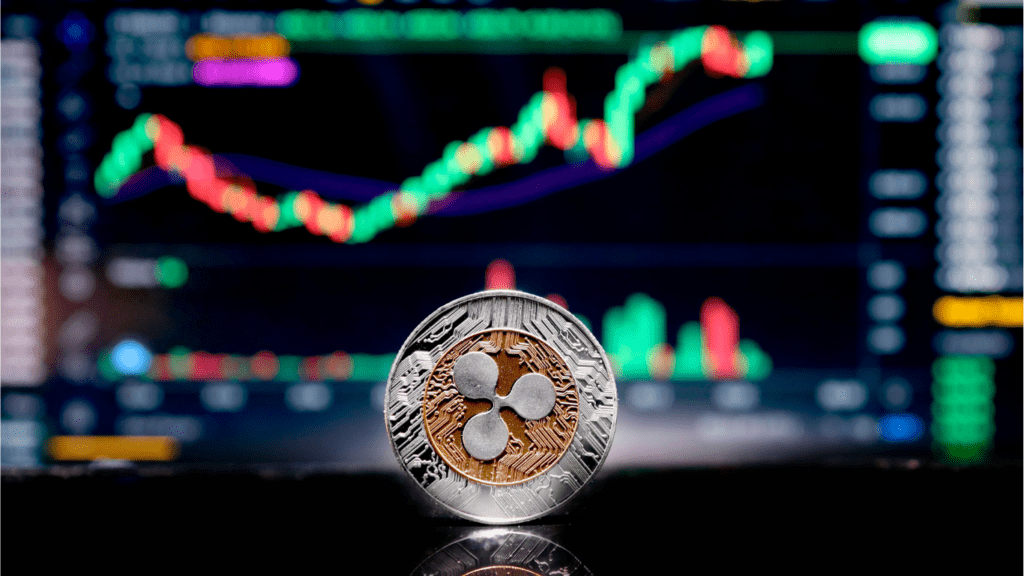Trading can be as thrilling as it is challenging, but emotions often have a sneaky way of clouding judgment. I’ve seen how fear, greed, or frustration can lead to impulsive decisions that derail even the most well-thought-out strategies. Emotional trading isn’t just a rookie mistake—it’s something even seasoned traders struggle with.
Understanding Emotional Trading
Emotional trading occurs when feelings, rather than logic or strategy, dictate trading decisions. Recognizing this behavior is essential to develop discipline and minimize risks.
What Is Emotional Trading?
Emotional trading involves making investment decisions influenced by emotions like:
- fear
- greed
- frustration
These reactions often disrupt well-planned strategies. For example, panic selling during market dips or overbuying after quick gains demonstrates emotional trading. By reacting emotionally, traders risk deviating from long-term goals and increasing losses.
Why Emotions Impact Trading Decisions
Emotions impact decisions because they cloud judgment, leading to reactive rather than calculated actions. Fear might cause early exits from positions, while greed often drives overleveraging. Biased perceptions, such as overconfidence after a streak of success, can result in rash trades. Understanding these emotional effects helps traders avoid impulsive reactions and maintain a rational approach.
Common Emotional Trading Mistakes

Emotional trading mistakes often arise from irrational reactions to market movements. Recognizing these mistakes can help develop better trading discipline.
Fear-Based Decisions
Fear-based decisions occur when traders let anxiety dominate their actions. High volatility or sudden losses can lead to panic selling, even if the underlying asset has strong long-term potential. For example, during market corrections, I might sell prematurely, fearing further loss, rather than following my strategy. This disrupts planned trades and limits potential recovery. Identifying fear as a driver prevents rash exits.
Overconfidence and Greed
- Overconfidence often pushes traders to overestimate their decision-making abilities.
- After consecutive wins, I might take unnecessary risks, such as overleveraging or ignoring stop-loss rules.
- Greed plays a role when I chase quick profits by overtrading or buying into trending stocks without proper research.
- Both behaviors can expose portfolios to significant losses. Balancing ambition with realistic risk assessments ensures steadier progress.
Revenge Trading
Revenge trading happens when losses lead to emotional retaliation. Instead of analyzing mistakes, I might double down on trades to recoup losses, often ignoring market conditions and sound strategies. For example, opening larger unplanned positions after a losing streak increases risks, compounding losses further. Focusing on rational decisions rather than emotional recovery helps maintain trading discipline.
Strategies To Avoid Emotional Trading Mistakes
Managing emotions in trading requires structured approaches. Implementing specific strategies can help maintain discipline and reduce impulsive decisions.
Develop a Trading Plan
A well-defined trading plan serves as a roadmap. I outline entry and exit points, position sizes, and risk parameters before entering any trade. Following this plan eliminates guesswork and reduces the temptation to act on emotions. For example, if the market fluctuates unexpectedly, sticking to the pre-set rules ensures consistency.
Utilize Risk Management Techniques
Risk management limits potential losses. I set stop-loss orders, avoid overleveraging, and keep risk per trade below 1-2% of my capital. These techniques provide a safety net during unpredictable market movements. For instance, if a trade starts moving against me, a stop-loss order automatically prevents significant losses.
Keep a Trading Journal
Tracking trades helps identify emotional patterns. I record the reasons behind each trade, outcomes, and any feelings that influenced my decisions. Reviewing this data improves self-awareness and highlights areas for improvement. For example, if revenge trading is a recurring issue, the journal brings it to light, enabling me to adjust my approach.
Practice Mindfulness and Emotional Awareness
Mindfulness techniques foster emotional control. I practice deep breathing and meditation to manage stress during trades. Recognizing emotional triggers, such as frustration after losses, ensures I pause and reassess before making hasty decisions. For example, instead of executing a revenge trade, I take a moment to recalibrate my mindset.
Importance of Discipline in Trading
Maintaining discipline in trading is essential for achieving consistent results and avoiding impulsive decisions. A disciplined approach helps traders stick to their strategies and stay focused despite market volatility.
Building Consistency Over Time
Adhering to a structured trading plan allows for steady growth and reliable outcomes. Following predefined rules for entries, exits, and risk allocation ensures consistency across trades. For example, I always commit to my stop-loss levels, even during extreme price swings. Tracking performance through a trading journal highlights patterns and helps reinforce disciplined behavior. Over time, consistent actions reduce emotional interference and build confidence in decision-making.
Learning From Mistakes
Analyzing past errors promotes improvement and strengthens discipline. I regularly review trades where I deviated from my plan to understand the emotional triggers behind those decisions. For instance, revenge trading after consecutive losses has taught me the importance of pausing and reassessing my strategy before re-entering the market. Documenting these experiences and their outcomes helps me avoid repetition, fostering a more rational and calculated trading approach.


 Blockchain Tech Contributor
Blockchain Tech Contributor

